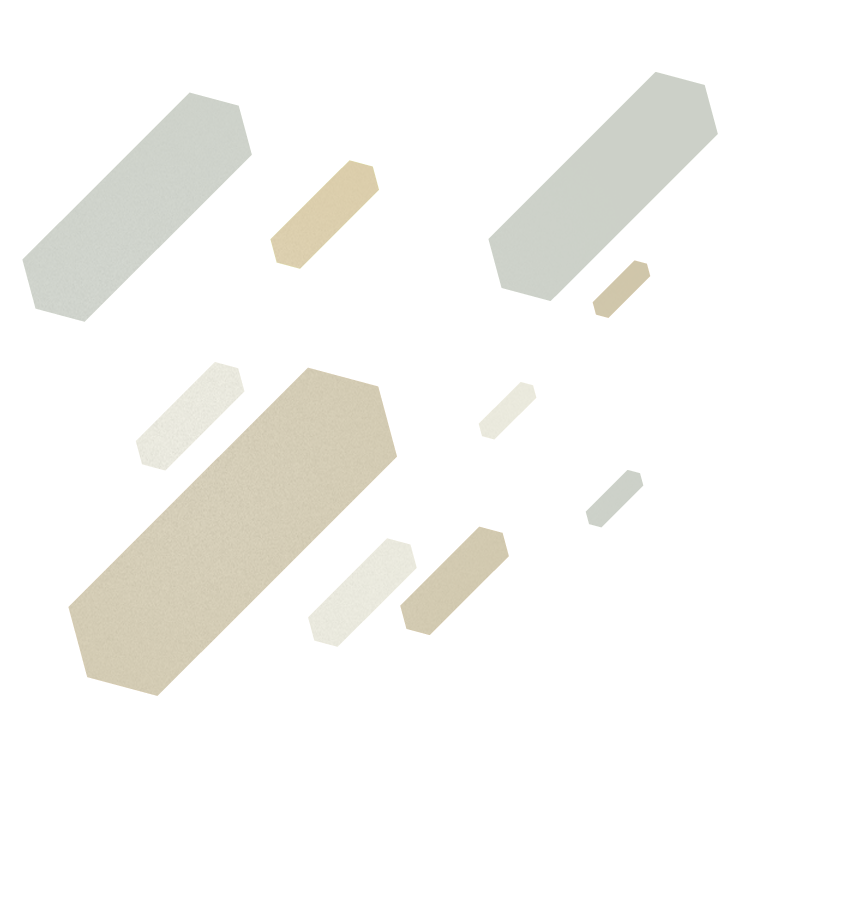


Born in 1956 in Lithuania, she studied composition with Bronius Kutavičius at the National M. K. Čiurlionis School of Art and with Julius Juzeliūnas in the Lithuanian State Conservatory. From 1979 she lectured in theory and music history at Klaipėda Conservatoire. Since 1982 she has lived and worked as a freelance artist in Vilnius. She is currently Lithuania’s most popular composer in the West. Since the mid-1990s she has receives numerous prestigious commissions and awards, such as the National Award for her oratorio Patchwork for My City (1997), awards for the best symphonic work in the competition of the Lithuanian Composers’ Union for Tres Dei Matris Symphoniae (2004) and La barca (2005). Her compositions have been performed at such European festivals as the Schleswig-Holstein Music Festival (1992), Helsinki Festival (1992), Musikhøst (Odense, 1992), A-DEvantgarde (Munich, 1993), Warsaw Autumn (1994, 1997), Spurensuche (Heidelberg, 1994), De Suite Muziekweek (Amsterdam, 1995), Artgenda ’96 (Copenhagen), Kaustinen XX Chamber Music Week (1998), Frau Musica Nova (Cologne, 1998), Europäisches Musikfest Münsterland (1999), Frankfurter Festtage der Musik (Frankfurt/ Oder, 2000, 2004), MaerzMusik (Berlin, 2003), Icebreaker II: Baltic Voices (Seattle, 2004), ISCM World Music Days (Bern, 2004), and as part of the Musica Viva series (Munich, 2005), as well as in Canada and South Korea.
Among the generation of Lithuanian Neo-Romantics, to which Narbutaitė belongs, her music is distinguished by formal precision, refined sound and meticulously detailed textures, as well as a subtle interplay of references and stylisations.
Selected works (since 1995): Sinfonia col triangolo for three triangles and string orchestra (1996), Winterserenade for flute, cello and viola (1997), Gesang for alto, tenor, baritone, oboe and organ, to words by Rainer Maria Rilke (1997), Centones meae urbi (Patchwork for My City) for soprano, baritone, mixed choir and orchestra (1997), Autumn Ritornello. Hommage à Fryderyk for piano quartet (1999), Sonnet à l’Amour for tenor and guitar to words by Czesław Miłosz (1999; version for tenor, harpsichord and cello, 2002), Melodija Alyvų sode (Melody in Gethsemane) for chamber ensemble (2000), Symphony No. 2 for large orchestra (2001), Variation for Julius Juzeliūnas for string orchestra (2002), Tres Dei Matris Symphoniae for mixed choir, five percussionists and strings to liturgical texts, fragments of the Song of Solomon and the mystical poetry of Hildegard von Bingen (2003), Drappeggio for string quartet (2004), La barca for mixed choir and orchestra (2005), Le linee e i contorni for flute, clarinet, violin and cello (2006), Pas de deux for mezzo-soprano and cello, to words by Jacques Prévert (2006), krantas upė simfonija (Shore, River, Symphony) for symphony orchestra (2007), Lapides, flores, nomina et sidera for mixed choirs, winds and percussion (2008), Cornet, opera for nine soloists, mixed choir and symphony orchestra (2012).




